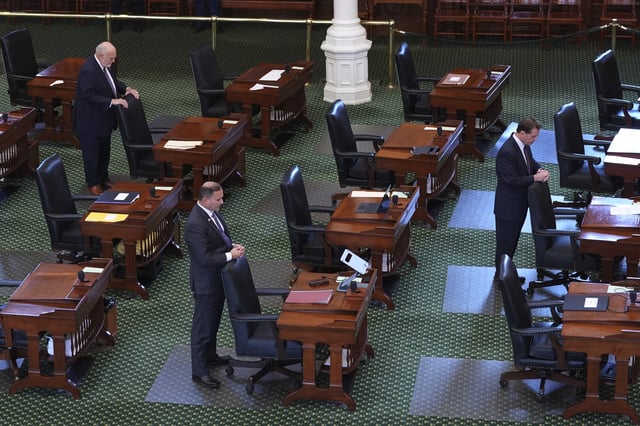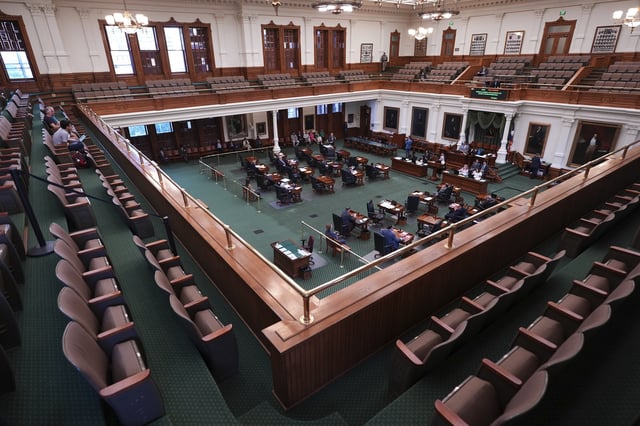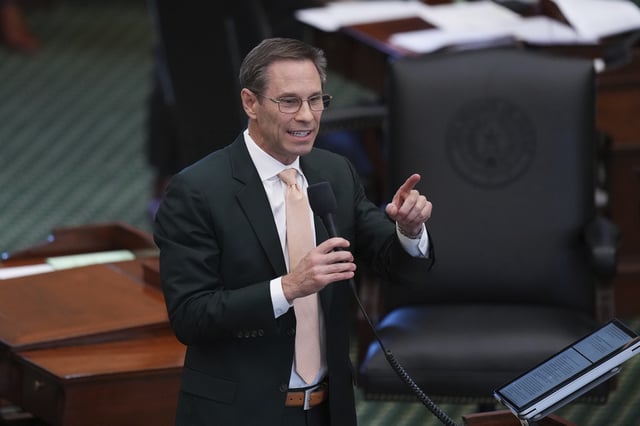Overview
- House Bill 7 authorizes Texas residents to sue anyone who manufactures, prescribes, transports or mails abortion-inducing drugs to people in the state, with successful claims carrying at least $100,000 in damages.
- Only the patient, the person who impregnated her, or close relatives can recover the full award, while unrelated plaintiffs are capped at $10,000 with the remainder directed to charity.
- Patients who take the pills cannot be sued, and the bill shields hospitals and physicians in medical emergencies such as ectopic pregnancies or miscarriage care, while exempting postal workers and carriers.
- The legislation includes privacy provisions barring disclosure of patients’ identities and medical details, and it limits eligibility for plaintiffs who committed sexual assault or family violence.
- Gov. Greg Abbott is expected to sign the bill, and immediate legal challenges are anticipated as Texas targets out-of-state telehealth providers protected by other states’ shield laws.



